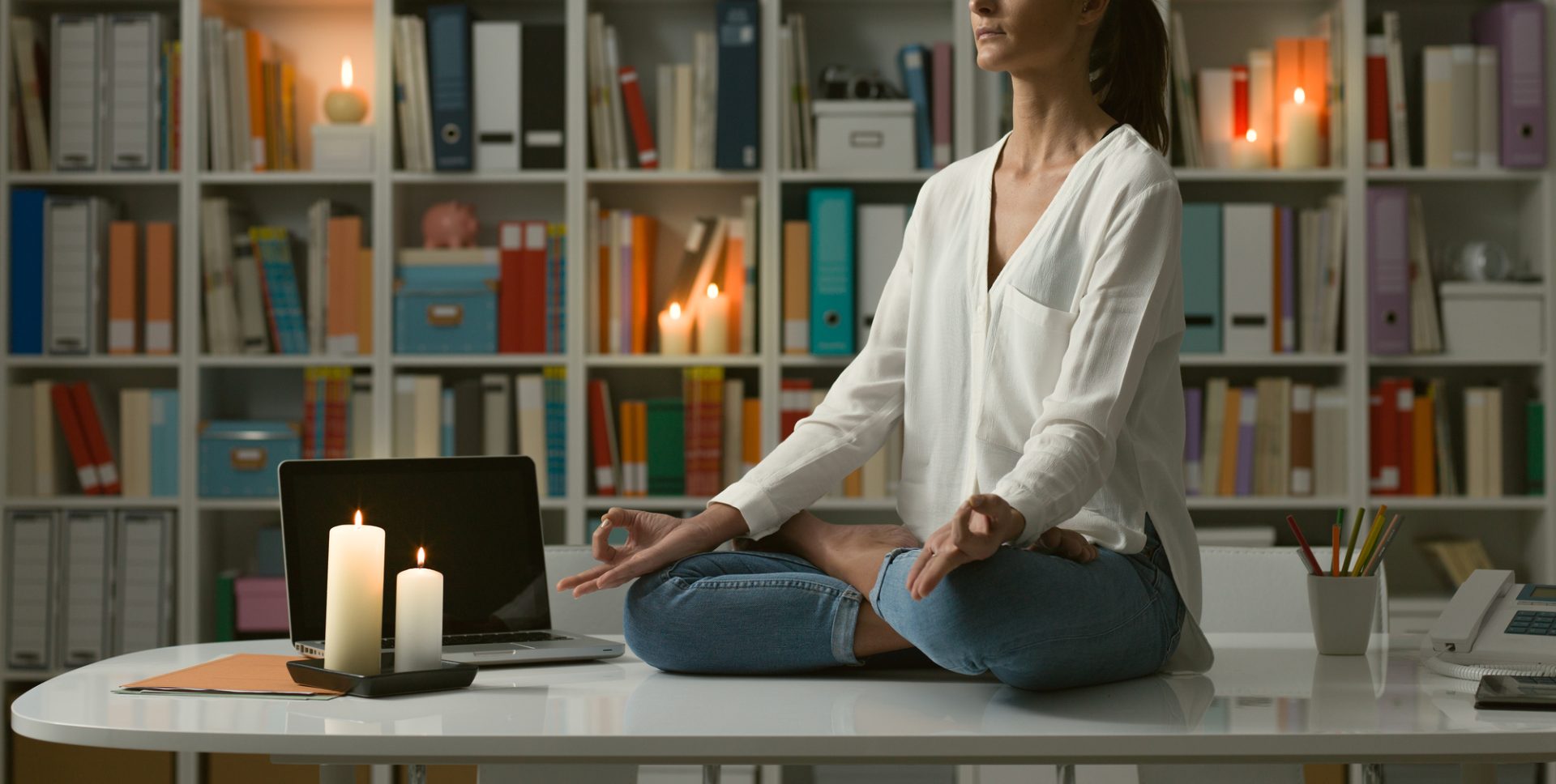
I recently went to my annual week-long meditation retreat. There were a few key points made which I believe are hugely important.
Top of the list is sensory overload. With the amount of sensory input coming at us daily such as electronic media, noise pollution, the number of people we interact with either face to face or online, tasks and to-do lists, our mind is constantly “pulled” in different directions.
In fact, there are very few moments where our mind has the chance to settle, switch off and completely rest. It is constantly “on”.
So why is resting the mind important? This state is akin to meditation and its benefits to our health are numerous and well-documented.
These benefits include:
- Reduce stress, anxiety and depression
- Boost contentment, calm and compassion
- Lower blood pressure
- It may help regulate markers of inflammation and increase immune responses – to vaccines, for example
- Can potentially improve memory and recall
- Can boost creativity, focus and attention
Many successful international entrepreneurs have embraced daily meditation including: TV comedian Jerry Seinfeld, US author and newspaper executive Arianna Huffington, Australian model and business entrepreneur Miranda Kerr, Salesforce founder Marc Benioff, actor Hugh Jackman, singer Paul McCartney, athlete LeBron James, LinkedIn CEO Jeff Weiner and Australian actress Naomi Watts to name a few.
How can you rest your mind? By encouraging, nurturing and training it to be in stillness… Even though thoughts will arise as you meditate, you can learn to observe them in a detached manner and simply let them go.
The overarching experience is of a profound sense of calm and peace – it is like coming home to yourself.
Imagine practicing twice a day where your body sits perfectly still and your mind follows in that stillness – just spending quiet time with your “self”.
The skill set you develop as a result can be bought into your daily routine. This includes being in the moment, having a greater awareness of what’s around you (as well as your own thought patterns), becoming less reactive and less prone to having a narrow or negative mindset.
I was delivering a seminar for Federal court judges on stress management late last year in the lead-up to Christmas and I was encouraged to see how many of them told me they have embraced daily meditation – which enables them to operate from a more centred place, helps them set the compass for the day, and gain a greater perspective into what’s happening around them at any given moment.
What does this have to do with looking after your body? Absolutely everything! With a clearer, more centred mind, cigarette smoking, alcohol consumption and so on will be far less attractive. You will make much healthier choices and decisions about your body.
So in addition to:
- Regular 150 minutes of exercise a week
- A plant-based Mediterranean diet
- Avoiding excessive alcohol consumption and smoking
A twice-daily session of 10-20 minutes each in training your mind and body in the discipline of stillness will have tremendous benefits.
The best way to start? Definitely with a coach – the technique is subtle – but easy to learn and very worthwhile.
Learn more about reducing stress and preventative health. Book in a Health Assessment with our team here.

